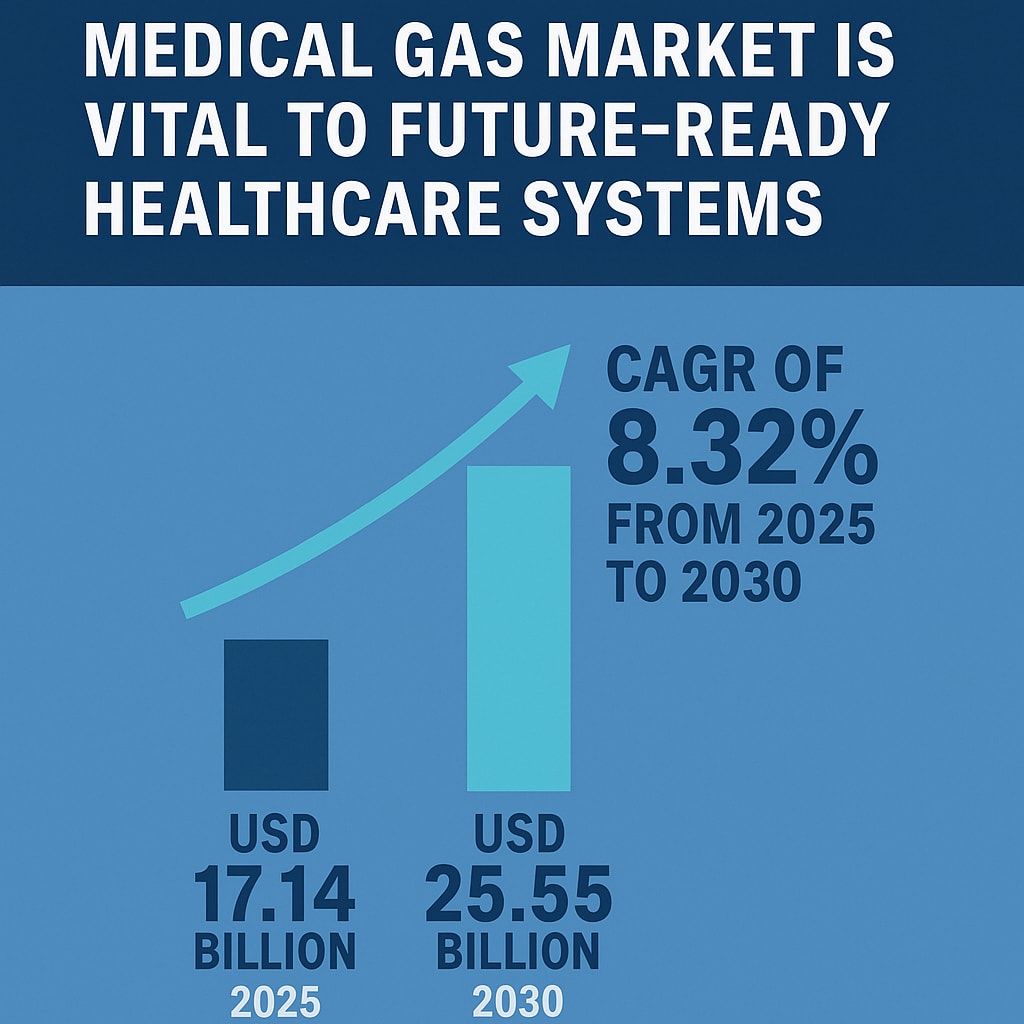
The U.S. Food and Drug Administration (FDA) has broadened the approved application of GE HealthCare’s Vizamyl, an imaging agent used in positron emission tomography (PET) scans to detect the buildup of beta amyloid plaques in the brain. This development marks a significant advancement in the field of neurological diagnostics, as it allows for more objective and quantitative assessments of amyloid presence when used alongside authorized imaging software.
Beta amyloid plaques are associated with Alzheimer’s disease and other forms of dementia. Traditionally, assessment with beta amyloid PET imaging has relied on qualitative visual interpretation. With the FDA’s updated clearance, Vizamyl can now facilitate quantitative analysis that incorporates precise calculations of amyloid burden, enhancing diagnostic accuracy and consistency among clinicians.
GE HealthCare emphasized that this enhancement is especially valuable in both clinical and research environments, where accurate amyloid quantification is critical to measuring disease progression or evaluating the efficacy of therapeutic interventions.
The FDA’s decision was based on evidence showing the efficacy and safety of combining Vizamyl with FDA-authorized software capable of quantitative analysis. These tools allow for standardized amyloid plaque scores, providing clinicians with objective data that supports more nuanced decision-making in patient care.
This move aligns with broader trends in medical imaging, where advanced analytics and AI-enhanced tools are increasingly utilized to improve diagnostic precision in complex conditions like Alzheimer’s disease.
As the healthcare industry continues to seek more personalized and data-driven approaches, the expanded use of Vizamyl could play a vital role in early detection, monitoring, and potentially guiding treatment protocols for neurodegenerative diseases.
Source: https:// – Courtesy of the original publisher.








